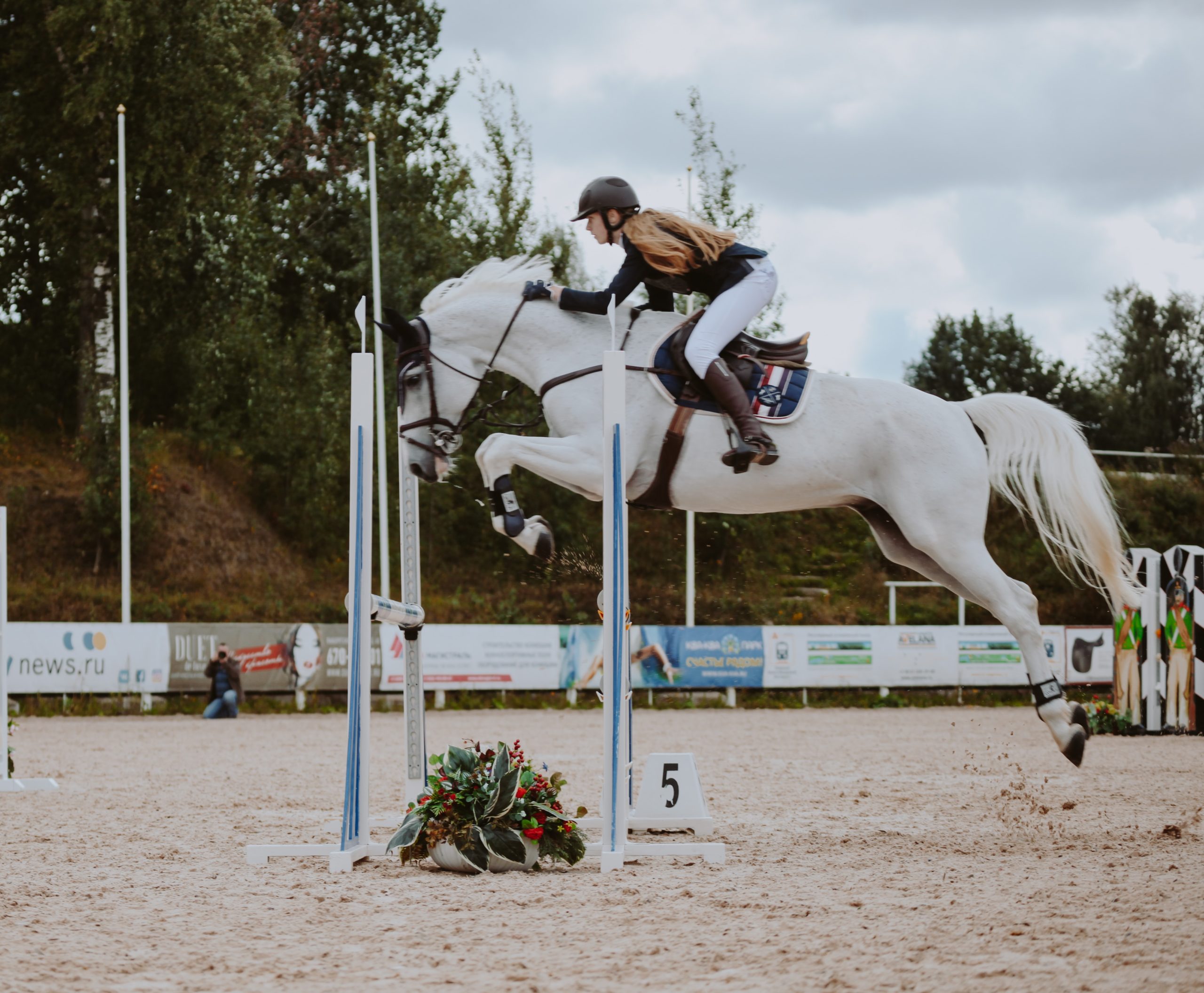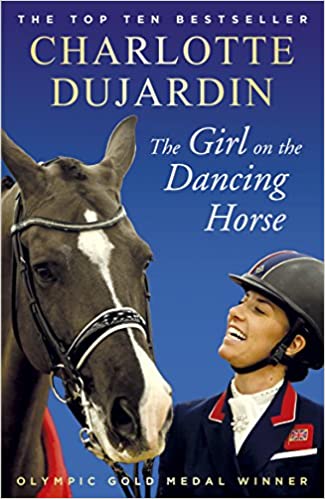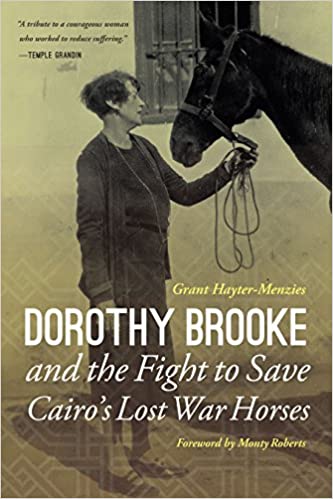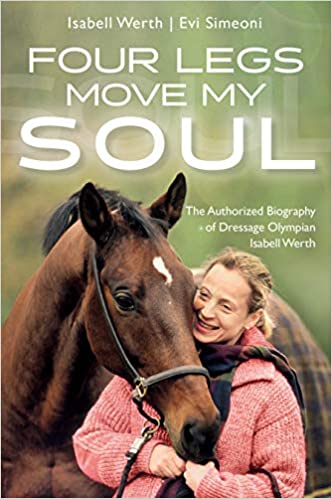
Modernity privatized religion so that it became a thing we do in our own or leisure time. We have become so used to this that it makes it hard to see the relevance of Christ for all of life. We need a myriad examples of how Christ plays in ten thousand places so that we can begin to see the glorious possibilities of serving him in every aspect of our lives, and thereby becoming fully human.
My good friend David Beldman loves motorbikes. I love horses. As a teenager I rode for several years and the love for horses has never left me. There is nothing quite like the relationship you develop with a horse.
Intuitively I was drawn towards dressage, the most classical form of riding. During lockdown I have spoilt myself by reading books on dressage and watching it on YouTube. In the past the UK was never well known for dressage. And then along came the London Olympics in 2012. The UK won the team gold medal, Charlotte Dujardin won the individual gold on the magnificent Valegro – do check him out on YouTube, and Laura Tomlinson the individual bronze on her Alf. Carl Hester was a key figure in all of this, and he was part of the UK team (see Carl Hester, Making it Happen: The Autobiography, 2014). At Rio four years later Charlotte and Valegro again won individual gold, and shortly thereafter they wonderfully retired Valegro at the relatively young age of 14, at the very top of his game.


What, you might ask, does Christ have to do with horses and dressage? As it turns out a great deal. Humans have a long history with horses, for better and for worse. It is estimated that somewhere between 14 and 16 million horses were used in World War I. About 8 million died. By the end of the war the life expectancy of a horse on the Western front was 10 days. Horses also played a vital role in World War II. At the end of the war most UK horses in Cairo were tragically abandoned to their fate. Stationed there with her husband after the war, Dorothy Brooke noted their fate and set up a charity to help them. The story is heart-breaking, searing and profoundly moving and redemptive.
Nowadays in the West we make little use of horses for work. Riding is for pleasure and for sport. And all those ethical issues that are present in sport are present in competitive riding, except that here a living creature is an indispensable part of the package.
At its best dressage is truly beautiful and an art form with rider and horse in exquisite unison. Isabell Werth of Germany is one of the best dressage riders in the world and I loved reading her (with Evi Simeoni) authorized biography Four Legs Move My Soul.
However, it takes several slow years to produce a top dressage horse. With prize-money and prestige at stake amidst our consumer culture, the temptation is to adopt a utilitarian attitude to horses and to take short cuts in their training as long as you get the results.

For example, for several years now a fierce debate has been going on in the dressage world about so-called “rollkur” or hyperflexion, forcing the horse’s head down and towards its chest. Physiologically this is not good for the horse but can win prizes.
The philosophy of riding goes back into ancient history with Xenophon (450-354 B.C.) writing the first major treatise. Current practices in dressage have called forth books like Gerd Heuschmann’s Tug of War: Classical Versus “Modern” Dressage (2nd ed. 2018); Paul Belasik’s Dressage for No Country (2019); Philippe Karl’s Twisted Truths of Modern Dressage: A Search for a Classical Alternative (2017); and Charles De Kunffy’s The Ethics and Passions of Dressage (1993). In the latter book you find words like religion, spirituality, and even worldview, cropping up. Kunffy writes: “horsemanship has spiritually, or if you prefer, emotionally or mentally redeeming values. When it is practiced right, horsemanship makes for a beautiful display.” (p. 123)
Christ plays in horses and in our riding of them. We honour him by caring for them, developing their potential, and enjoying our relationship with them to the full.
The Kirby Laing Centre for Public Theology in Cambridge. Charity registered in England and Wales. Charity Number: 1191741
Kirby Laing Centre, The New Mill House, Unit 1, Chesterton Mill, French’s Road, Cambridge, CB4 3NP
© 2022 The Kirby Laing Centre for Public Theology in Cambridge